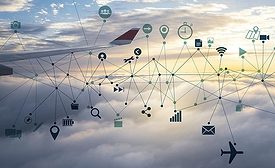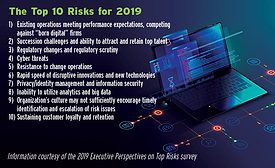Cybersecurity News
Cybersecurity Education Goes Broad
Future cybersecurity leaders need a wider set of skills and knowledge.
January 4, 2019
Sign-up to receive top management & result-driven techniques in the industry.
Join over 20,000+ industry leaders who receive our premium content.
SIGN UP TODAY!Copyright ©2024. All Rights Reserved BNP Media.
Design, CMS, Hosting & Web Development :: ePublishing











